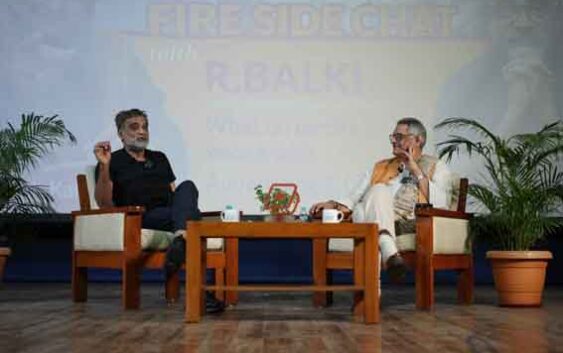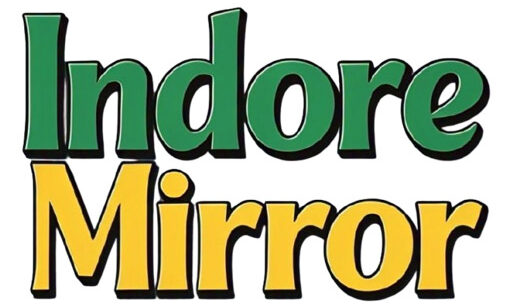Few blockbusters in the last four or five years have been the worst films: Filmmaker R. Balki

The National Award-winning director was speaking at a fireside chat on “What on Earth Is Wrong with Advertising and Cinema,” hosted by MIT World Peace University, Pune.
Pune, 21 November: As Indian movie theatres, despite some mega-hits, continue to struggle to attract audiences amidst growing disruption from OTT platforms, a debate has arisen over quality content versus box office numbers. In this regard, National Award-winning filmmaker and screenwriter R. Balki stated that the “few blockbusters” that have emerged in the last four or five years have been “the worst films” — not only from an intellectual point of view but also in terms of the traditional entertainment and masala appeal.
Balki, renowned for films like Paa, Pad Man, Cheeni Kum, and others, shared these thoughts during a fireside chat on “What on Earth Is Wrong with Advertising and Cinema” at MIT World Peace University in Pune.
“Few blockbusters that have happened in the last four, five years, or whatever, have actually been the worst films. I’m just saying, not only from an intellectual or an artistic point of view but also from the old entertainment, ‘masala, paisa vasool’ kind of a feel. Also, they’re damn boring,” Balki remarked.
Drawing comparisons to iconic Manmohan Desai films, he added, “If you take a Manmohan Desai film… I remember there was a retrospective of Amit Ji. There was one on Manmohan Desai, and I was watching Amar Akbar Anthony, Naseeb, all these films by Manmohan Desai. There was so much fun! The fun has completely gone from our blockbusters.”
On blockbuster films lacking entertainment value but still earning big at the box office, Balki pointed out that movies have become more like projects, with marketing playing a significant role in shaping perceptions.
“It’s become like a project. There’s an economics associated with that stuff. They want to recover this, they’re putting this money, they’re pumping the marketing out. It’s marketing, basically. It’s just driving people towards believing something is good. By the time people believe it’s bad, the film has made its money,” he explained.
He further noted that audience psychology also contributes to this phenomenon. “Sometimes people don’t want to believe it’s bad. People don’t want to go to a film and curse it. They want to find one or two good things to like about the movie. If they like one or two good things about a star, they’ll say, ‘Time pass.’ Because you will never pay 500 bucks and curse yourself. You will want to say, ‘I was not that foolish. Oh, it was… it was fun. It was a little bit fun,’” he observed.
Balki also addressed the reasons behind audiences losing interest in cinema, emphasizing the sheer volume of content now available.
“The interest that there was in cinema is not there anymore. It’s not the same kind of interest. Just because you find one or two films that are kind of working, or people are going to them during festival time, doesn’t mean things are the same. There’s just too much content, and people have so much more to devour,” he said.
He added, “We’re producing a lot more films now, and there’s so much to watch. I think sometimes, most people’s entertainment is actually not watching a film. They go to Netflix or something just to scan, just to kind of surf and see what’s available. The movie itself has become an experience, not so much about actually watching the film. If you don’t like it within ten minutes, you switch off. You’re not committed to a film or somebody’s work—you just move on.”
Addressing filmmaking students, he advised them to keep working and surprising themselves. “Keep writing and thinking of ideas you feel have not been explored before. Craft stories that surprise you,” he encouraged.


